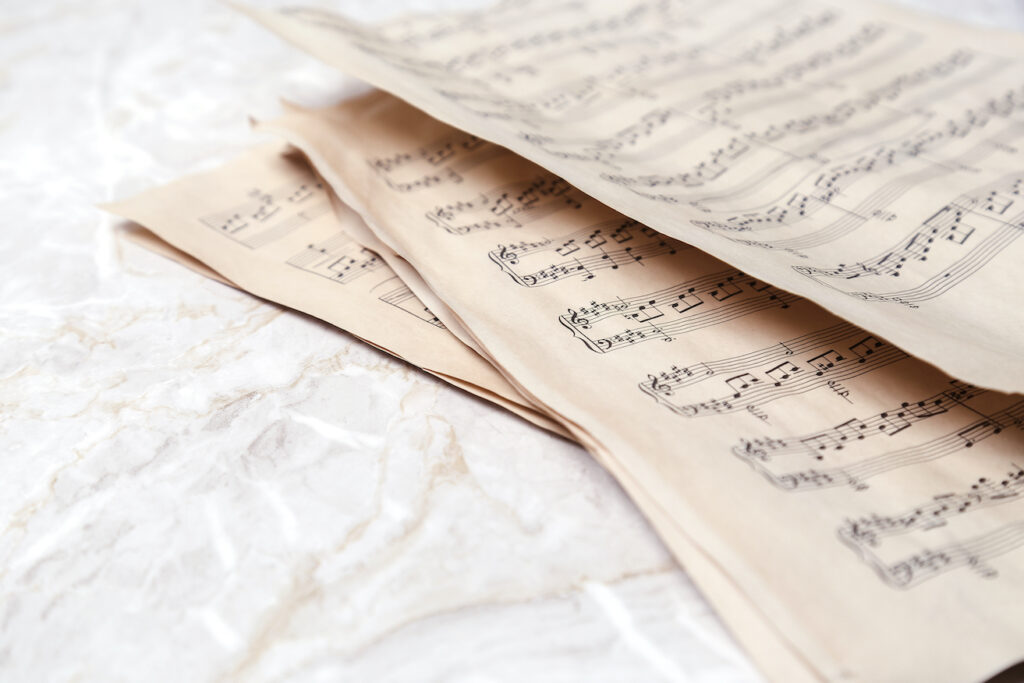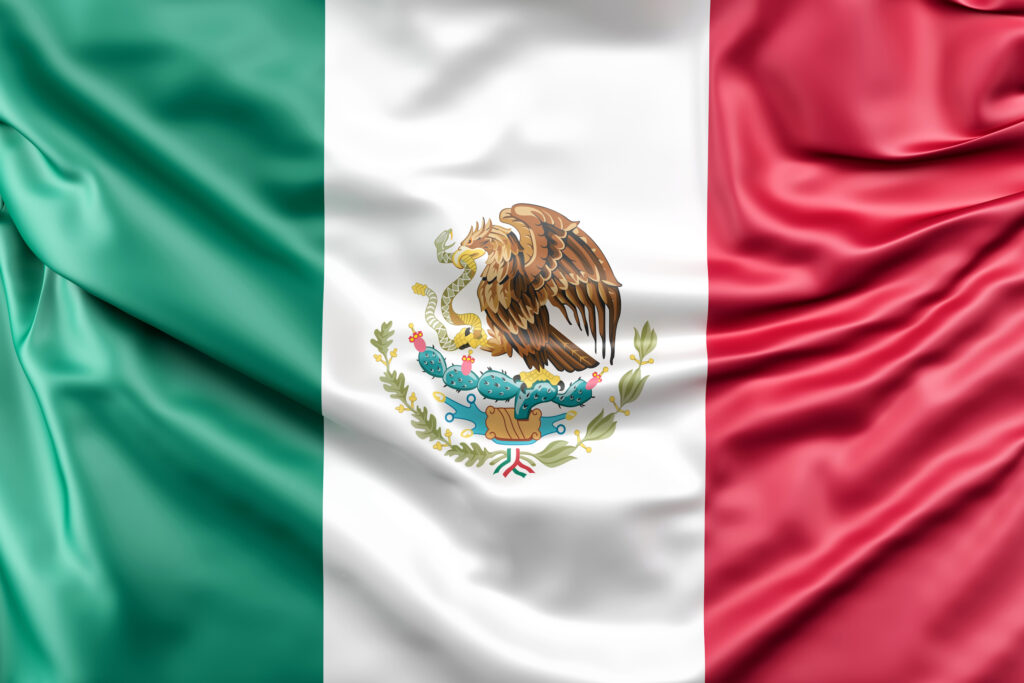How was the Mexican National Anthem composed?

Mexican culture is all around the world and today various typical costumes, traditional symbols of indigenous communities, typical ingredients of gastronomy, and the musical variety that sounds in every corner are recognized worldwide.
An important part of Mexico’s history is reflected in every national symbol, such as the Mexican National Anthem. Each verse includes a whole patriotic meaning that it has learned since we were kids, but what is the historical background of this composition?
Considered one of the most beautiful hymns in the world, it originated at a difficult time in Mexico, since the country had just lost almost half of its territory, so it required an encouraging anthem to bring the population back together.
Mexicanos, al grito de guerra.
El acero aprestad y el bridón,
y retiemble en sus centros la tierra
al sonoro rugir del cañón.
Choir of the Mexican National Anthem.
It represents an invitation for Mexicans to be brave and prepared for battle.
Then, in 1853, the former president Antonio López de Santa Anna launched a contest to develop a national symbol that would enhance Mexican pride, which is why this competition summoned talents in two areas: writing and music.
Homeland verses
First, the writing that perfectly described the feelings of Mexicans was chosen. Twenty-six poets participated with extraordinary poems, but the winner was Francisco González Bocanegra, originally from San Luis Potosí. In the beginning, this talented poet refused to participate, but his fiancée, Guadalupe González del Pino y Villapando, locked him in a room to write some verses to compete since she widely trusted his ability to write.
After 4 hours of confinement, Bocanegra passed under the door the verses that describe the defense of the country, thus he wrote the National Anthem.

Proud melody
After having chosen Bocanegra’s lyrics, it was summoned to set it to music. Among 15 participants, the winner was the Spaniard Jaime Nunó. who had just arrived in Mexico to work as a Warband director. Although at first, the fact that the music was composed by a foreigner was not well seen by the Mexicans, it was a fact that both compositions would represent the nation.
Thus, the Mexican National Anthem was sung for the first time on September 15, 1854, at the Santa Anna Theater and it was the next day that it was officially released throughout the country, unfortunately without obtaining a positive response.
Everything suggested that this composition was going to be put aside, but it was during the mandate of Porfirio Díaz that it was played in official ceremonies, and over the years, the original 10 stanzas had some deletions and modifications until reaching what is now a day. It was almost 100 years later that this National Anthem was decreed as a nationwide symbol along with the National Shield and the Flag.
In civic events in schools, Olympic ceremonies, soccer games, and other official events in which the Mexican Flag is present, the beautiful melody that makes all Mexicans proud is played.
¡Patria! ¡Patria! tus hijos te juran
exhalar en tus aras su aliento,
si el clarín con su bélico acento
los convoca a lidiar con valor.
¡Para ti las guirnaldas de oliva;
¡un recuerdo para ellos de gloria!
¡un laurel para ti de victoria;
¡un sepulcro para ellos de honor!
Tenth verse of the Mexican National Anthem.
It describes the bravery with which Mexicans must defend the country.





2 Comments
GEORGE cody
5 years agoWhen will travel from US to PV be re-opened? Is there still a travel ban?
Velas Magazine
5 years agoThank you for writing, George. Puerto Vallarta has been granted the Safe Travels stamp issued by the World Travel and Tourism Council, in recognition to the high standards and health & safe protocols been implemented within the destination. Even when Puerto Vallarta’s doors are open since June 15th, 2020, US Embassy in Mexico has specific recommendations for US travelers that you may want to monitor before planning a trip to Mexico: https://mx.usembassy.gov/u-s-citizen-services/covid-19-information/
We truly hope we can welcome you back very very soon! Please stay safe and healthy in the meantime!